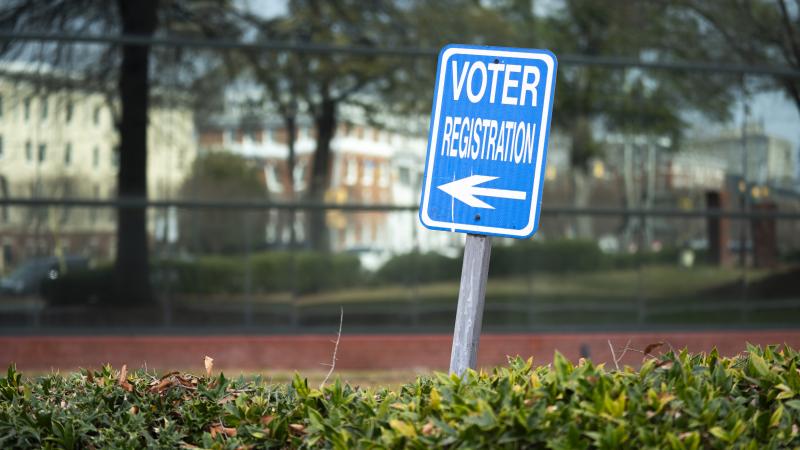Federal court rejects Louisiana's redrawn congressional map
The rejection of the second majority-black district comes after a group of non-black voters sued the state, asserting that the latest map was unconstitutional because race was a factor when it was drawn. Two of the panel's three judges agreed that it was unconstitutional.
A federal court in Louisiana rejected a recently redrawn congressional map on Tuesday, which contained the state's second majority-black district, claiming that race played a clear role in the creation of the district.
The state's congressional maps have faced legal scrutiny for several years. In 2022, then-Gov. John Bel Edwards vetoed maps with a single black-majority district, but was overridden by the legislature. But legal scrutiny later led to a court-ordered redrawing that featured a second black-majority district, which was approved by GOP Gov. Jeff Landry in January.
The rejection of the second majority-black district comes after a group of non-black voters sued the state, asserting that the latest map was unconstitutional because race was a factor when it was drawn. Two of the panel's three judges agreed that it was unconstitutional.
“The State first made the decision to create a majority-Black district and, only then, did political considerations factor into the State’s creation of District 6,” the majority opinion read. “The predominate role of race in the State’s decisions is reflected in the statements of legislative decision-makers, the division of cities and parishes along racial lines, the unusual shape of the district, and the evidence that the contours of the district were drawn to absorb sufficient numbers of Black-majority neighborhoods to achieve the goal of a functioning majority-Black district.”
The sole dissenter, a Democrat, said the map should stand because “no factor [was] predominating over the other."
The new map would have broken up GOP Rep. Garrett Graves’ district to create a district in which 56% of residents were black. The lines of the new district stretched from northwest Louisiana all the way down to East Baton Rouge, according to Politico.
The next step for the map is unclear with the 2024 elections approaching in November. But the court will hold a hearing next week to discuss possible solutions.














